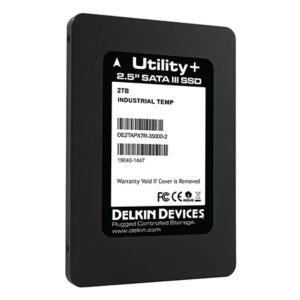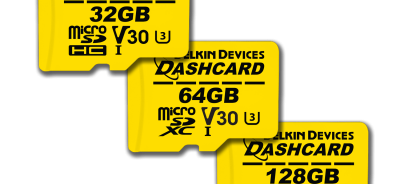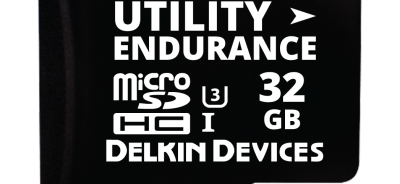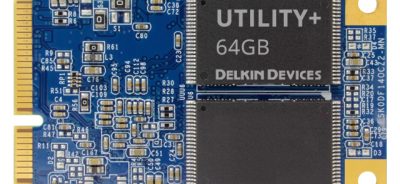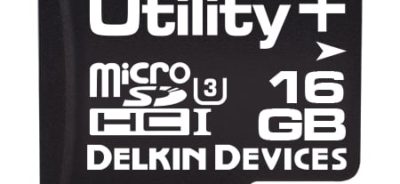FAQs about 2.5 SSD Industrial Flash Storage
SSDs, or solid state drives, are an alternative to hard disk drives and have made enormous leaps in memory capacity and speeds possible in both commercial and industrial grade devices. A 2.5 SSD is an SSD that is 2.5 inches in size—the most common size for a drive. Although some industrial devices have smaller form factors and need a smaller drive, such as an mSATA-based SSD, the 2.5 SSD is hugely popular and compatible with a wide range of devices. Could a 2.5 SSD be the best fit for your application? Here are the answers to questions many OEMs and developers have about these drives.
What is the difference between SSDs and hard disk drives?
Hard disk drives, or HDDs, have a spinning mechanical piece on which data is stored. For every read and write operation, the disk in the drive has to spin in order for the command to be completed. Although the disk drive format provides a great deal of storage capacity, it also presents some drawbacks. For example, a spinning disk is always going to be prone to mechanical problems. This issue is especially problematic in industrial grade applications that may be exposed to high degrees of shock and vibration—the jostling of the device could cause the spinning disk to malfunction.
SSDs don’t have any spinning parts. Instead, data is stored on cells on the drive, and read and write operations are performed using different voltages. They rely completely on non-volatile flash memory, so operations are much faster than with hard disk drives. Also, because SSDs don’t have moving parts, they can withstand the demands of industrial environments much better than HDDs.
What difference does the 2.5-inch size make?
The 2.5 SSD size isn’t as relevant in terms of function as it is in terms of fit. This drive size is compatible with most commercial and industrial devices, so even if a device was initially designed with an HDD, the drive can be replaced with a 2.5 SSD seamlessly.
Designers and OEMs who are considering a 2.5 SSD for their devices do need to make sure that the device is big enough to accommodate it. SSDs are available in smaller sizes using the mSATA interface, which is necessary in some applications.
When should a 2.5-inch SSD be used?
Any application that needs more drive speed and reliability than an HDD provides could benefit from a 2.5 SSD. SSDs are the drive of choice for industrial devices because of their tolerance to rugged operating conditions.
For more guidance about 2.5 SSDs and flash storage for industrial applications, contact Delkin. Our product team is prepared to answer additional questions about your specific project needs.
 Login
Login Register
Register


